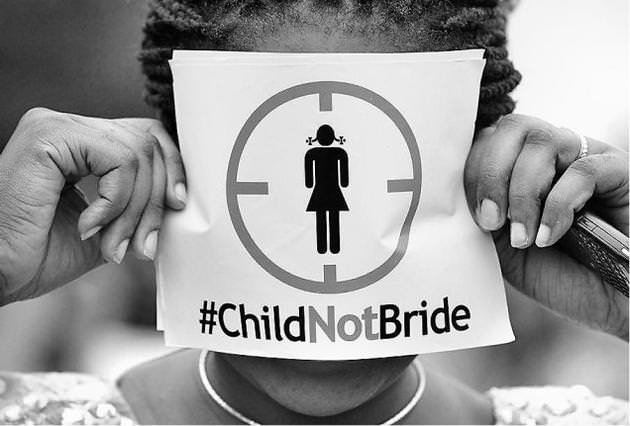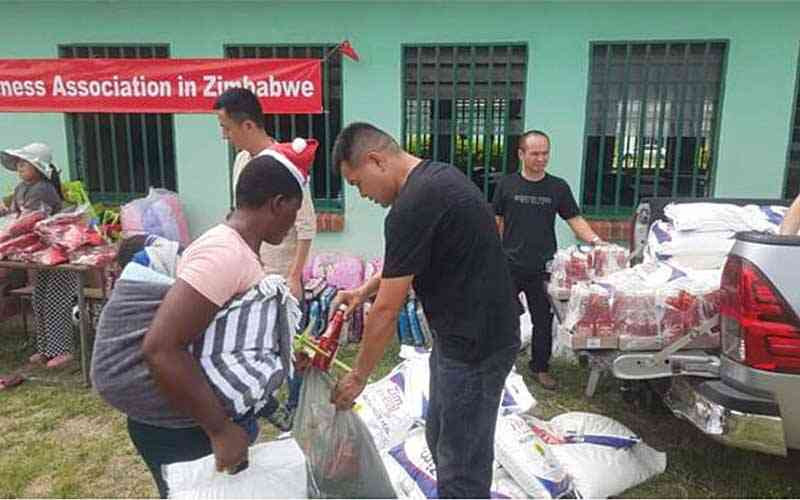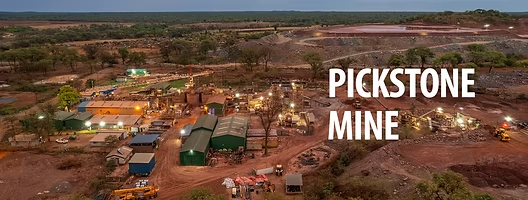
The battle against child sexual harassment continues
OVER the years, the battle against child sexual harassment has continued to rage, depriving the young children of their right to childhood.A number of African countries have pledged to the African Union Convention on the Rights of the Child and the African Charter on the Rights and Welfare of the Child.The African Children’s Charter recognises the right to education of all children and has education as a key component of Africa’s development agenda.However over the years, lack of access to education has been a contributor to CSA but many countries have been earnestly working towards mitigating this through rolling out various programmes that ensures access to education.Children in Africa have also been abused for various reasons ranging from poverty, limited access to education, violence in homes, negligence, stressful home environment, unmitigated access to technology and negative parenting skills drug and substance abuse among othersHowever religion linked CSA has been on the rise in most parts of Africa, sadly the religion veil has also been used to cover up these heinous crimes against children.Zimbabwe has been one of the countries most affected by this phenomenon as high levels of poverty buoyed by continuously deteriorating economic landscape has forced people to seek solace in “god” .Secondly, just like many other African countries, Zimbabwe does not regulate churches and this has seen mushrooming of these congregations especially the apostolic sects and Pentecostals.It is mostly these sects that have become the most perpetrators of CSA with the religious muscle also being flexed when it comes to getting justice for these children.The Multiple Indicator Cluster Survey of 2014 which cements the link between child marriage and poverty ranked the apostolic sect in the lowest wealth quantile, thus being affiliated to certain religious groupings that have normalised the sexual exploitation of the girl child through child marriage is cause for concern as the girl child is used as currency.However, the Apostolic Women Empowerment Trust (AWET) says it has been making strides in addressing this challenge as it has been holding a number of activities with apostolic communities on Child Protection.Capacity-building workshops are also being held with religious leaders on child protection as well as how to best come up with policies that speak to child protection.“We are also holding Inter-generational dialogues (IGDs) where we give an opportunity for men, women, boys, and girls to engage with the church leadership on issues they feel are perpetuating the abuse of women and girls. These IDGs have given an opportunity for women and girls to speak out which has never been happening in most apostolic churches. It is an opportunity for the church followers to engage with the leadership on church doctrine as well. We have also been working closely with men and boys and have male Gender Champions within the apostolic communities who are championing Gender equality issues as well as child protection issues. We have also managed to set up and strengthen child protection committees within apostolic spaces to ensure we play a role in the protection of children,” said AWET head of programmes Hope DunhiraShe added that AWET had ensured Community Feedback Mechanisms have been set in place within the communities to ensure that communities have a way of reporting in the event that any abuses happen within communities.Again she said the organisation was also empowering women within apostolic communities with livelihoods so they can be able to protect the child.“AWET is holding dialogues and engagements with the girl child on Sexual Reproductive Health and Rights to ensure the girl child is empowered with information so they can make informed decisions pertaining to their reproductive health. Since the girl child is at risk the most, it is important to ensure they are engaged and are capacitated so they can make informed decisions. “ she saidThe church through Zimbabwe council of churches is equally worried about this trend and could not afford to sit back and watch.ZCC secretary-general Wilfred Dimingu said the church had up scaled its and the programmes around conscientising people around child sexual abuse.“We are also equipping members of the church with necessary knowledge. Sometimes parents realize that their children have been abused when it’s too late. So we are coming up with programmes that equip them to notice any change of behaviour in their children, any suspected cases and report them be they cases happening in churches or families they should report. We have really up scaled teachings right from Sunday school so that they children are able to understand when such things are happening to them and timely report.” he saidIn Zambia , the president Hakainde Hichilema was last year made AU children’s rights champion on ending child marriages and has been putting children’s rights issues at the centre of the government’s priorities with Zambia’s 8th national development plan recognizing that children are at the heart of human and social development.On the other hand the church, through the council of churches in Zambia (CCZ) is ensuring that religious leaders are prepared and equipped to engage independently and collectively in sustained advocacy across their structures and churches.“We also raise awareness of the religious leader’s responsibilities in the fight against child sexual abuse. We encourage religious leaders to provide comprehensive protection to children by creating a conducive environment for the realisation of all their rights and this applies to all churches in all provinces. Churches have been encouraged to have a child protection policy or adopt the council of churches policy and ensure they know, understand and are adhering.” Said CCZ Emmanuel ChikoyaChild rescue foundation CEO ,Anastacia Banda on the other hand said her organisation had partnered with churches/ faith based Organizations to sensitize on child sexual abuse.“We have trained some to become champions of children's rights, protection and social justice.” she saidIn Nigeria journalists are collaborating with religious leaders“ We are collaborating also with religious and traditional leaders in some local governments to create awareness on the dangers if child sexual abuse and the response is encouraging. A community has come up with a set of rules against such acts and they are also punishing offenders.” Said Nene Dung, chairperson of association of female journalists, Plateau state.Uganda has not been left out.“Personally I haven’t advocated for this being a lawyer in private practice. However you never know if partnership with organizations comes through then it’s one area I would like to explore. But I know other organisations have been doing a lot to address this cause ,” Christine Tumuhairwe of Tumuhairwe Advocates said.Moroccan activist Najia Adib has been advocating for a death penalty for perpetrators of child sexual abuse arguing that these crimes were more prevalent in Islamic and Arabic religions that anywhere else.Adib said child abuse and paedophilia should not be a “seasonal topic,” calling for more efforts to combat the crime.“In these societies, the child is deprived of will and does not have any value within the family, and we always call him young and ignorant,” she said. In contrast, Adib said children in the West are “sacred.”he told Hespress news in an interview.On the other hand, Chad last year launched a Prevention and care of children in vulnerable situations program in the city of N'Djamena and its surroundings.The intervention’s logic assumed that local associations are the actors of change in the territory and therefore the intervention strategy sought to strengthen the capacities of local associations. “On the one hand, the action aims to improve the capacities of the actors involved in taking charge of children and their psycho-social, socio-economic and educational reintegration. In this way, children in vulnerable situations (i.e., children who are unaccompanied, separated, orphaned, victims of sexual violence, abuse and in situations of labour exploitation) can be socially reintegrated,” said Cooperazione Internalnale in a document.African countries believe, intensive awareness campaigns engaging and tasking religious leaders with championing sexual abuse discussion is key.
*********************************************************************************************************************************************************************************************
This story was developed with the support of the African Union through the African Union Agenda 2063 pitch zone awards,a partnership with the African women in Media. Its contents are the sole responsibility of the author and do not necessarily reflect the views of African Women in Media and the African Union.










